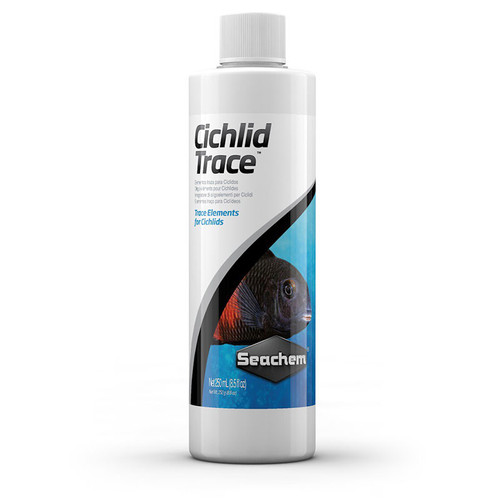SKU:
265
Our Guide To Keeping Flowerhorn Cichlid Fish
-
About Fish Species:
- Scientific name: Amphilophus labiatus, Amphilophus trimaculatum, hybrid blood parrot cichlid
- Common name: Flowerhorn Cichlid
- Family: Cichlidae
- Origin: Central America (thought to be a hybrid)
- Adult length: Up to 30 cm (12 inches)
- Lifespan: 10 to 12 years
-
Tank Setup:
- Flowerhorn Cichlids require a spacious tank with plenty of hiding spots and territories. A minimum tank size of 200L is recommended for a single fish.
- Provide caves, rocks, and driftwood for shelter and to establish territories.
-
Water Parameters:
- Flowerhorn Cichlids prefer slightly acidic to neutral water conditions with a pH range of 6.5 to 7.5.
- Keep the water temperature between 26 to 30°C (79 to 86°F).
-
Filtration and Water Flow:
- Efficient filtration is essential to maintain water quality as Flowerhorn Cichlids are messy eaters. A powerful filter with adequate biological and mechanical filtration is recommended.
- Provide moderate water flow, but avoid strong currents that may stress the fish.
-
Diet:
- Flowerhorn Cichlids are omnivorous and have a hearty appetite. Offer them a varied diet consisting of high-quality pellets, flakes, and occasional live or frozen foods like bloodworms, brine shrimp, and small feeder fish.
- Ensure a balanced diet to promote vibrant coloration and overall health.
-
Tank mates:
- Flowerhorn Cichlids are territorial and aggressive towards other fish, especially during breeding or when establishing territories.
- It's best to keep them alone in the tank or with larger, robust fish that can hold their own against the Flowerhorn's aggression.
-
Behavior and Compatibility:
- Flowerhorn Cichlids are known for their unique personalities and can exhibit aggressive behavior, especially towards tank mates or intruders in their territory.
- Monitor their behavior closely and be prepared to provide adequate space and hiding spots to minimize aggression.







